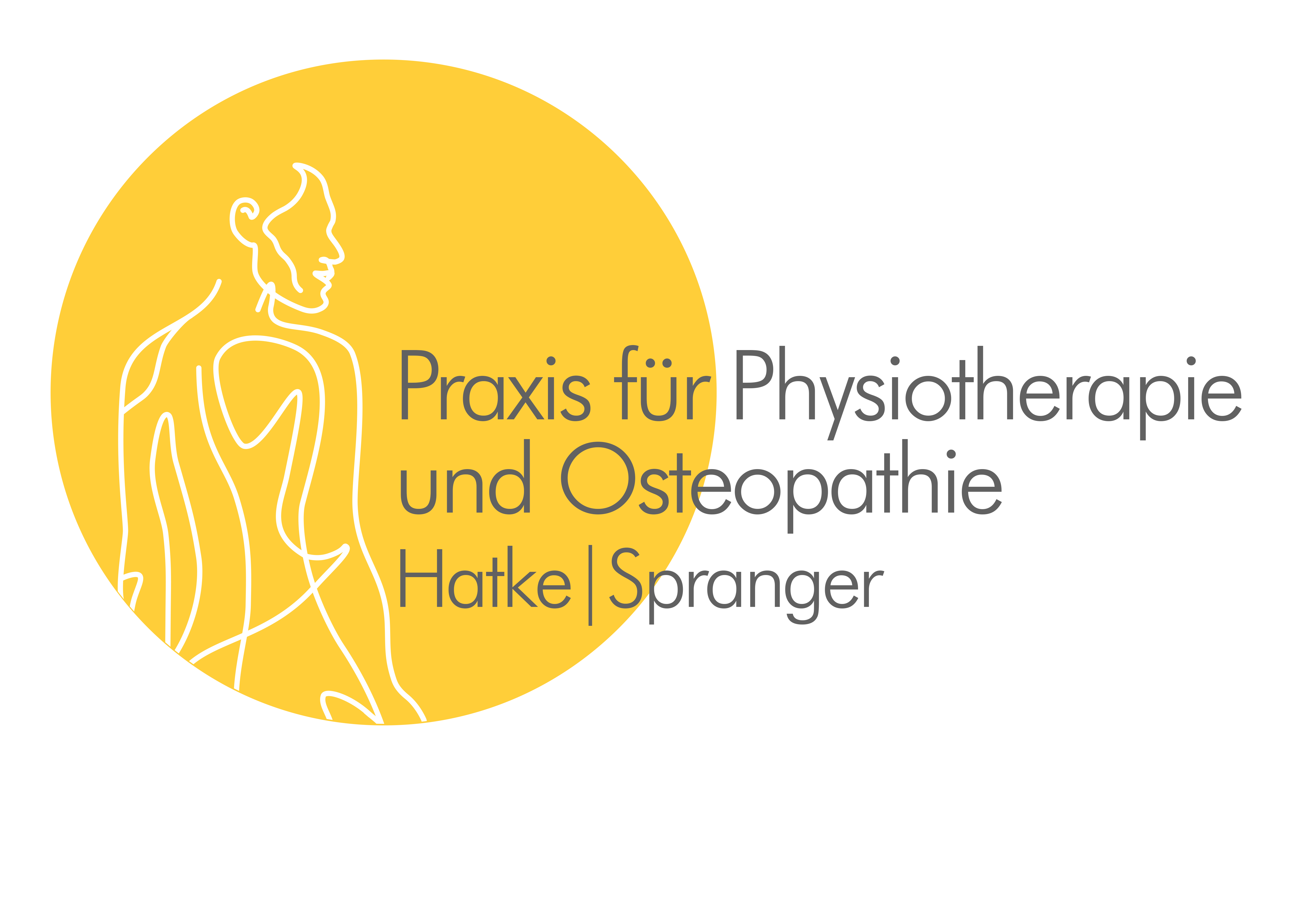Content
Ultimately, a person must accept that they have faced hurdles in their life, but they have the power and promise to overcome them. Recovering Champions offers 100% confidential substance abuse assessment and treatment placement tailored to your individual needs. Triggers are people, places, feelings, or other things that make you want to abuse drugs. You may even be able to connect with people over your new lifestyle changes. If you’ve gotten into exercise or nutrition during recovery, you might find new friendships in a workout group or cooking class.
In both group and family therapy you’ll learn about conflict resolution and ways of relating to others that are supportive and helpful. Life skills for recovering addicts also include learning or re-learning practical skills needed in everyday life. If you have a substance use disorder, you may have spent https://ecosoberhouse.com/ days, months, or maybe even years living for your addiction. This can cause you to lose sight of daily responsibilities, such as paying your bills on time, going to work, and taking care of yourself physically and mentally. A good rehab program will teach you all of these essential life skills and more.
Life Skills Therapy In Addiction Treatment
First, they should understand basic group process—how people interact within a group. Subsets of this knowledge include how groups form and develop, how group dynamics substance abuse group activities influence an individual’s behavior in group, and how a leader affects group functioning. Finally, psychoeducational group leaders need to have basic teaching skills.
What are the 3 P’s of recovery?
In eating disorder recovery it is essential to focus on the three P's: Passion, Power and Purpose.
Living with other men or women in recovery also provides an opportunity to make a meal plan, shop, and cook with a friend instead of facing it all on your own for the first time. A common denominator of emotional relapse is poor self-care.3 A high-quality transitional housing program will help clients recognize the importance of self-care as well as what it looks like on a daily basis. Residents should learn and practice the basics of self-care practices within the boundaries of their sober living program. This includes getting adequate sleep, eating nutritious foods, and using coping strategies to combat depression, anxiety, and other negative emotions and thoughts. At Eudaimonia Recovery Homes, our transitional housing programs for men and women are designed to provide all the necessary tools and life skills for adults in recovery. These skills will also assist individuals as they learn to productively manage the stressors of everyday life.
Substance Abuse Group Topics to Discuss
Whether the focus is on discussing your clients‘ mental states or conducting life skills activities, as a therapist, you’ll need to document the group session. From client reactions to activities and things they share during the session to progress you see and plans for the next group session, your note writing needs to be quick, yet accurate and detailed. While many treatment centers will offer group discussions and treatment sessions that discuss life skills, the recovering individual must understand the best ways to remain in recovery and avoid relapse. When it comes down to the definition, life skills training has its base in self-care and recognizing potential triggers.
- Knowing how to identify risky situations and get through them can empower you to avoid giving in to cravings.
- That task is left to other group members, who evaluate each other’s behavior.
- Her passion for this field comes from her personally knowing recovery from addiction.
As a result, it is the responsibility of the group leader to design learning experiences that actively engage the participants in the learning process. As the group unfolds, it is important that group leaders are nondogmatic in their dealings with group members. Finally, the group leader should have a firm grasp of material being communicated in the psychoeducational group. The client’s stage of change will dictate which group models and methods are appropriate at a particular time.
Practical Skills
At this point, a client’s hesitation should not be mistaken for resistance (Millan and Ivory 1994). IPGP and substance abuse treatment complement each other, reciprocally setting the scene for the establishment of the crucial components of effective treatment. The combination of IPGP and substance abuse treatment allows the client to experience treatment as emotionally supportive. This sparing of the client’s self-image enables the client to identify positively with treatment and mutes any strong reactions to the counselor.
Obviously such tactical decisions require a high degree of understanding and insight about group dynamics and individual behavior. For this reason, almost all leaders of process groups will seek supervision and consultation to guide them in making the best tactical decisions on behalf of the group and its members. People often draw generalizations from their life experiences and apply the generalizations to the current environment, even when doing so is inappropriate or counterproductive. These “cognitive distortions” may serve to maintain habits people would otherwise like to change. Substance abuse treatment counselors may find it useful to explore these approaches for techniques appropriate to their specific client populations.
